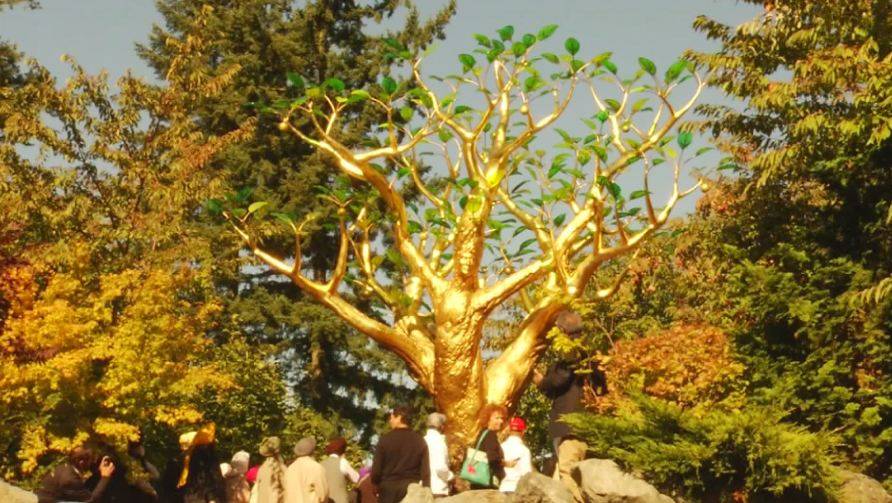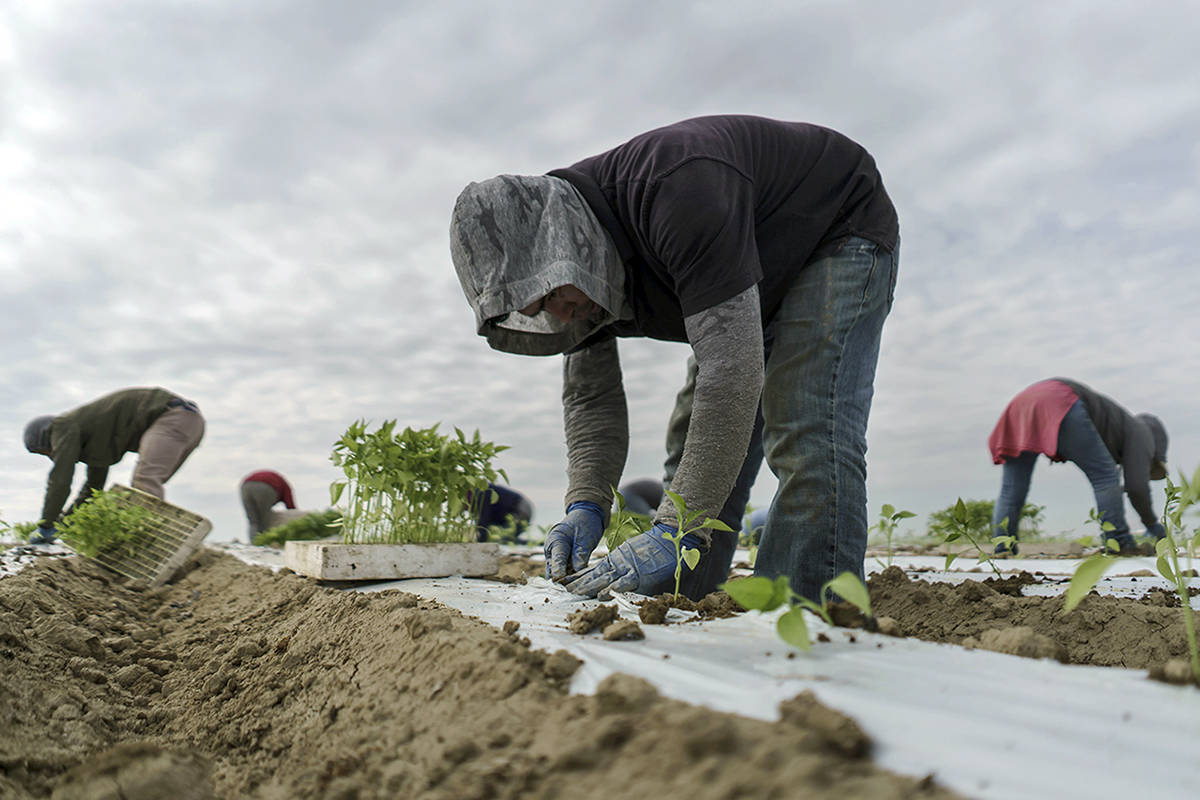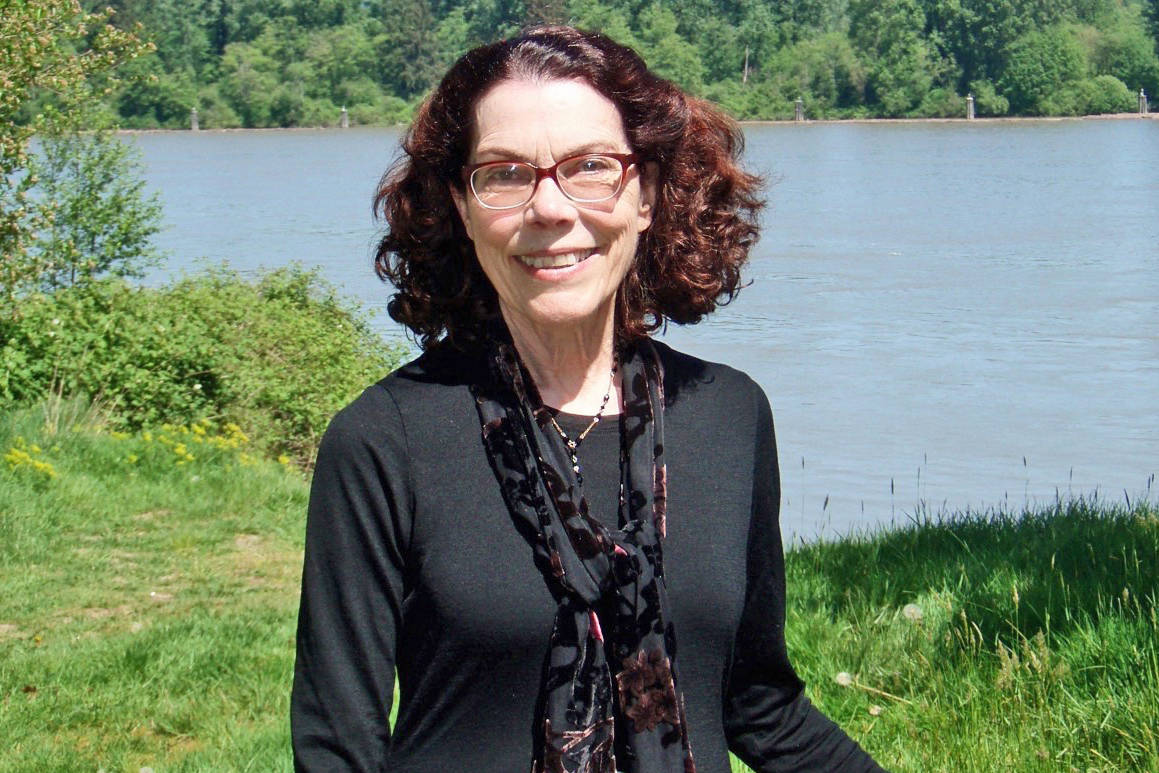DESIBUZZCanada
Events Listings
Dummy Post

International Day Of Yoga To Be Virtually Celebrated Saturday At 4pm

CANCELLED: Coronavirus Fears Kills Surrey’s Vaisakhi Day Parade

ADVERTISE WITH US: DESIBUZZCanada Is The Most Read South Asian Publication Online

SURREY LIBRARIES: Get Technology Help At Surrey Libraries

WALLY OPPAL: Surrey Police Transition Update On Feb. 26

GONE ARE THE DAYS - Feature Documentary Trailer

Technology Help At Surrey Libraries

Birding Walks

Plea Poetry/short Story : Youth Contest

International Folk Dancing Drop-in Sessions
POEM: Through The Eyes Of Hildegard Von Bingen As She Watches The Migrant Farm Workers Of The Fraser Valley
- August 25, 2020


By Susan McCaslin
The following poem is from an unpublished sequence in progress about the 12th-century German mystic, Hildegard of Bingen – visionary, artist, nun, theologian, musician, composer, natural scientist, herbalist, and cosmologist. In the sequence, I imagine Hildegard being transported through time and space to the Fraser Valley of the 21st century to comment on the situation of migrant workers.

Hildegard of Bingen Considers the Migrant Farm Workers
Walking near the fields and vineyards near Bingen,
I would sometimes pause to chat with the peasants,
offer them poultices for their ailments,
trade herbal remedies – they who toiled the seasonal rotations.
I, born of privileged nobility, though straitened
as a child, kept my visions to myself,
wondering if I might be thought a heretic
or of the devil’s school.
If not for Volmar, my confessor,
who thought my visions real,
I might have let them go
not let him scribe the record, authenticate the fire.

Had Bernard of Clairvaux not praised them to the Pope,
these seeds of contemplation might have died.
Yet Pope Eugene blessed the greening persistence,
suggesting I write down all I’d seen and heard.
And so, unlike most women of my time,
I became un-silenced,
influential, unanchored,
free to speak my truth to power.
Yet now along a Fraser Valley dike,
crosswise in time, little has changed –
elites still thrive on labour of the poor.
Systems, whether feudal or capitalist,
other others, caged-in theologies
create new cages
where hierarchy is the order of things
and few ask, “Who benefits from this way of seeing?”
Temporary foreign workers flown in for seasonal work
leave homes in the Punjab, Mexico,
desperate to feed their families—
harvest cranberries, blueberries, sprayed with herbicides.

Underpaid, squeezed into cramped quarters–
undistancedduringthepandemic,
some fall ill, unable to switch jobs if abused,
denied immigrant status, unionization,
while above them on the dike,
glancing at the workers as if through Plexiglas,
women, coiffed and buff, stroll with
well-groomed dogs fresh from doggie spas.
Tattooed teens in sports bras
count off calories on their apps,
men in camo gear flaunt shirtless six packs,
elders comment dreamily on sunset over Mount Baker
while down in the fields, white trucks
pick up exhausted workers
conveying them to temporary quarters,
unsettled dreams of an uncertain future.
I with the heron, stabat mater (standing mother)
watch feel it’s time to strike
to ask again: What does mysticism
have to do with justice? Contemplation with action?

Susan McCaslin is a Canadian poet living in Glen Valley outside Fort Langley, B.C. Her most recent volume is Into the Open: Poems New and Selected (Inanna, 2017). In 2012, Susan initiated The Han Shan Poetry Project, a successful effort to help save a rainforest near her home along the Fraser River. Susan is a retired English professor from Douglas College where she taught English and Creative Writing for twenty-three years.


















